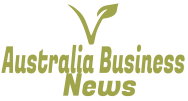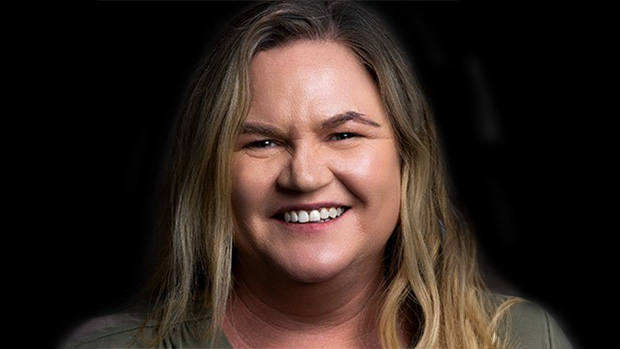Satellite Technology and AI Revolutionize Cattle and Buffalo Tracking in Australia

In Arnhem Land, Northern Australia, where an estimated 22,000 buffalo roam freely, scientists are embarking on a mission to track and manage the animals from space. The project, aptly named SpaceCows, is a groundbreaking initiative that combines satellite technology, artificial intelligence (AI), and indigenous knowledge to address the ecological and economic threats posed by feral buffalo and cattle.
The destructive impact of these large animals on the environment is well-documented. Standing at 188 cm tall and weighing up to 1,200 kg, feral buffalos consume substantial amounts of grass and vegetation, damage rock art, trample ceremonial sites, and disrupt culturally significant waterways. This not only poses a threat to the delicate ecosystem but also undermines the economic stability of Northern Australia.
In response to this challenge, scientists, in collaboration with local stockmen and Indigenous rangers, have launched a four-year program to monitor the movement and behavior of these animals using advanced technology. The SpaceCows initiative, supported by the Australian government’s Smart Farming Partnership, utilizes solar-powered GPS tags attached to the animals by rangers and stockmen.
The GPS tag data are then transmitted directly to a space-based satellite system orbiting at an altitude of 650 km, where they can be accessed and analyzed for up to two years. The Commonwealth Scientific and Industrial Research Organisation (CSIRO), the government agency spearheading the program, has leveraged Microsoft technologies to create a digital platform for SpaceCows, incorporating AI algorithms and cloud services from Azure. This provides a more robust solution for tracking and managing the animals in the challenging terrains of Australia’s far north. The technology enables the creation of a digital twin of the land, incorporating terrain and weather data to enhance the accuracy of the tracking system.
Andrew Hoskins, a senior research scientist at CSIRO, emphasizes the significance of the project, stating, “This (is a) really large-scale tracking project, probably of the largest scale from a wildlife or a buffalo tracking perspective that’s ever been done.” The data collected will not only help monitor the movement patterns of these animals but will also contribute to a better understanding of the baseline disease status among the buffalo population.
The information gathered through SpaceCows will empower rangers and conservationists to focus their efforts. By identifying areas where the animals concentrate, measures such as fencing off crucial sites or selective murder can be implemented.
 Ahimsa by Tiny Rescue: Animal Collection
Ahimsa by Tiny Rescue: Animal Collection
Ahimsa by Tiny Rescue: Animal Collection
Being publicly-funded gives us a greater chance to continue providing you with high-quality content.Click here to Support Us
Related Content:
Easy Ways to Help the Planet:
- Eat Less Meat: Download Food Monster, the largest plant-based Recipe app on the App Store, to help reduce your environmental footprint, save animals and get healthy. You can also buy a hard or soft copy of our favorite vegan cookbooks.
- Reduce Your Fast Fashion Footprint: Take initiative by standing up against fast fashion Pollution and supporting sustainable and circular brands like Tiny Rescue that raise awareness around important issues through recycled zero-waste clothing designed to be returned and remade repeatedly.
- Support Independent Media: Being publicly funded gives us a greater chance to continue providing you with high-quality content. Please consider supporting us by donating!
- Sign a Petition: Your voice matters! Help turn petitions into victories by signing the latest list of must-sign petitions to help people, animals, and the planet.
- Stay Informed: Keep up with the latest news and important stories involving animals, the environment, sustainable living, food, health, and human interest topics by subscribing to our newsletter!
- Do What You Can: Reduce waste, plant trees, eat local, travel responsibly, reuse stuff, say no to single-use plastics, recycle, vote smart, switch to cold water laundry, divest from fossil fuels, save water, shop wisely, Donate if you can, grow your food, volunteer, conserve energy, compost, and don’t forget about the microplastics and microbeads lurking in common household and personal care products!



